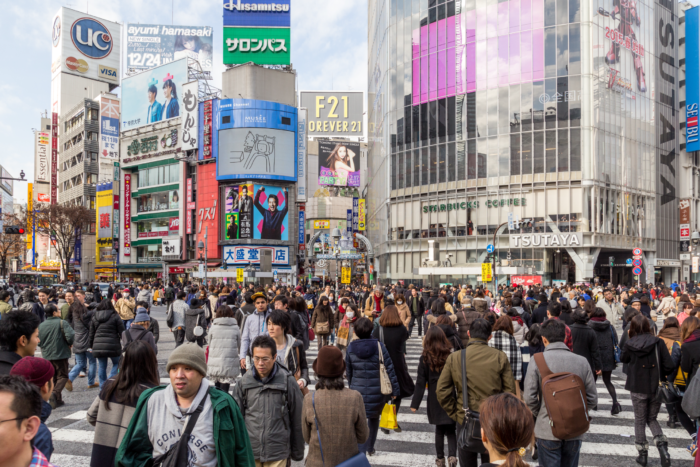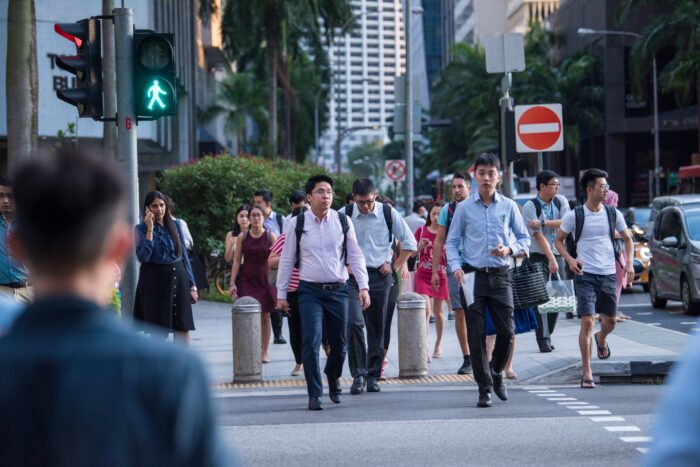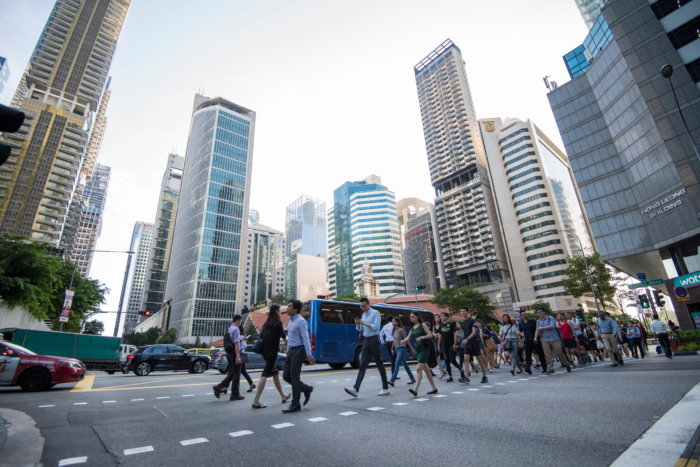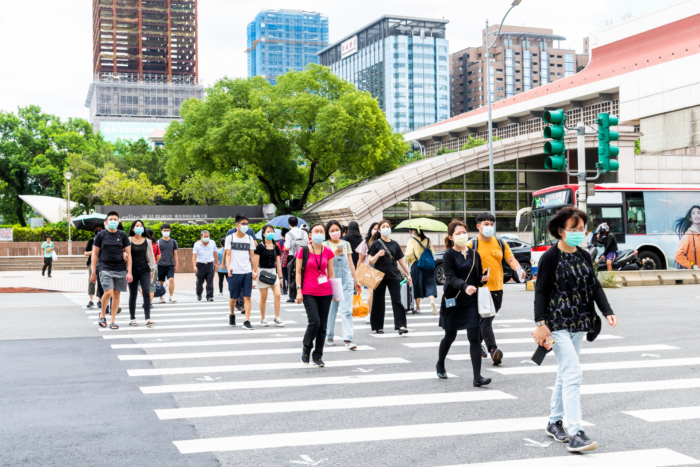SMEs in Japan plan to offer higher wages

More organisations in Japan intend to raise wages to keep pace with inflation, including those that had previously done so.
Boosting pay a priority for employers in Vietnam

88% of the organisations in Vietnam intend to raise salaries this year despite the forecast of a global economic downturn.
Unilever allows employees to swap public holidays

With the interchangeable holiday policy, employees at Unilever are free to exchange a public holiday for another day that is more significant to them.
Firms in Japan expected to offer largest wage increment in 26 years

Firms are likely to offer pay hikes of 2.85%, consisting of a 1.08% increase in base salaries and a 1.78% increase in seniority-based pay.
Do you know what your employees want in their careers?

To help employees find a fulfilling career, organisations can start by understanding what different employees are prioritising at work.
More employees in Singapore expected to seek better pay in 2023

More employees are expected to request pay raises from their employers, while others will look for higher-paying positions.
Japan plans new family initiatives to support non-regular workers

Non-regular workers, self-employed individuals, and freelancers with children may soon be eligible for a child-rearing allowance.
Manpower and higher costs remain core challenges for firms in Singapore

The business outlook for 2023 is more cautious, considering the challenges in manpower, wages and inflation that are anticipated to continue.
Singapore explores more support for gig workers and older workers

The National Trades Union Congress (NTUC) wants more opportunities and protection to be created for a growing gig workforce and older workers.
Wage hike tops South Koreans’ new year wish list

Apart from higher wages to cope with rising inflation, employees in South Korea also want reduced work hours and a better work-life balance.
Pfizer introduces 12-week paternity leave policy

Fathers are entitled to take leave in four tranches under the new policy that came into effect on 1 January 2023.
Employees in Singapore can expect to be paid higher salaries in 2023

Despite a decline in net employment, organisations in Singapore are ready to offer increments and bonuses to attract and retain talent.
Japan commits to raising wages to achieve inflation target

Japanese Prime Minister Fumio Kishida aims to create an economic structure where wages are raised yearly to transfer wealth from firms to households.
Josh Bersin: Let’s talk about layoffs and how to handle them

Josh Bersin discusses how organisations can manage layoffs more effectively, even in uncertain economic times.
LG Uplus extends marital benefits to unmarried employees

An unmarried male employee has received a month’s wage and five days of leave, which is equivalent to what newlyweds have been receiving from LG Uplus.
Adopting a holistic approach to job satisfaction beyond remuneration

Chew Siew Mee, Managing Director of JobStreet by SEEK, highlights what employers need to offer to encourage talent to join, and stay with their firms.
Amendments to Malaysia’s Employment Act kick in

The amendments are largely based on the International Labour Organisation standards, which provide a framework for addressing labour issues.
Emergency regulation replaces job creation law in Indonesia

The law is amended to include a component for the formula used to determine minimum wages that take purchasing power into consideration.
Japanese government committed to raising wages

A lack of wage growth is Japan’s biggest challenge, notes Deputy Chief Cabinet Secretary Seiji Kihara, and the government is committed to addressing it.
New labour policies taking effect in Taiwan next year

In addition to raising the minimum wage floor, premiums for Labour Insurance and National Health Insurance have also been revised.
Over two million workers in the Philippines receive financial assistance

The Department of Labour and Employment (DOLE) distributed cash and employment assistance totalling PHP8.6 billion to displaced workers.
Malaysia defers minimum wage order for small businesses

The Malaysian government has postponed implementing the RM1,500 (US$339) minimum wage order to 1 July 2023 after consulting stakeholders.
Achieving positive employee wellbeing goes beyond remuneration

As hybrid work continues, firms are encouraged to prioritise the wellbeing of their employees to retain and support their journey towards fulfilling careers.
DOLE issues holiday pay guidelines in the Philippines

The Philippines has different pay policies for special working days, regular holidays, and special non-working days for December 24, 25 and 26.
The Philippines remains uncertain on wage hike despite inflation

Several labour agencies in the Philippines have been undertaking separate studies to determine if a wage increase should be granted.
More employees in South Korea took parental leave in 2021

Fathers who took parental leave account for 24.1%, up 1.5 percentage points from the previous year, reflecting changes in social norms.
Malaysian union urges enactment of revised Employment Act

The Malaysia Trades Union Congress (MTUC) opposes retailers’ request to delay the implementation of changes to Employment Act.
Employees in Taiwan less optimistic about pay raise in 2023

A survey in Taiwan cited a weaker economic growth and employment outlook next year as the reasons for the downbeat sentiment.
Employers in the Philippines reminded to pay 13th-month wages

Failure to do so by December 24 may result in legal consequences, warned the Philippines’ Department of Labour and Employment (DOLE).
Citigroup allows employees to work remotely for final two weeks of 2022

To benefit from this move, employees must already be working remote for a few days a week and must stay in their country of employment.
